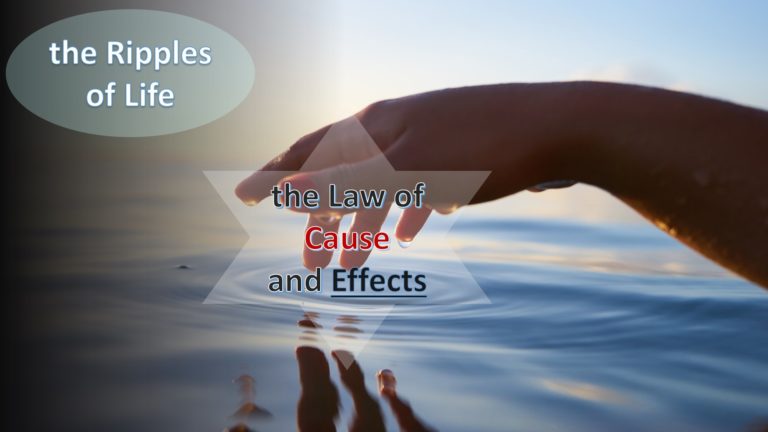
Before we begin to learn to tackle our external battles (work, relationships, finances), we need to understand a universal concept: the Law of Cause and Effect. Our actions will lead us to certain consequences aka we reap what we sow.
This ancient tool of the Four Pillar of destiny or the Bazi (八字) technique has taught many on the interpretation of one’s future, but little was emphasised on how it could be used as a problem-solving tool. With this modern society and era, we do have some sort of choice-directed control over one’s own actions. In some articles that I’ve researched on, it is also known as the act of free will (1,2,3).
Education has also taught us that with different actions taken, a different result would be obtained.
“It is our choices, Harry, that show what we truly are, far more than our abilities.”
– Harry Potter And The Chamber Of Secrets (2002)
I will use a simple example of eating regular meals. When you are hungry, you eat a meal. But, when you choose to skip meals, it is a choice you have made (i.e. cause). The effect of frequently skipping meals is developing gastric issues. If we had made the effort to eat proper meals, we will be satisfied and healthy.
Our destiny is not defined at birth; it is defined by the choices we made. Hence, it is within our control to achieve the outcome we desire. The only catch is to make sure it is within our realms of possibilities. This then leads to another quote:
“If you don’t try, you will never know.”
References:
- O’Connor, T., & Franklin, C. (2018). Free Will. Retrieved from https://plato.stanford.edu/entries/freewill/#ArguForRealFreeWill
- Feldman, G., Farh, J.-L., & Wong, K. F. E. (2018). Agency Beliefs Over Time and Across Cultures: Free Will Beliefs Predict Higher Job Satisfaction. Personality and Social Psychology Bulletin, 44(3), 304-317.
- Schwartz, S. (2013). Do We Have Free Will? Proceed at Your Own Risk. Retrieved from https://www.psychologytoday.com/us/blog/proceed-your-own-risk/201311/do-we-have-free-will
Disclaimer:
This article is published on nourishingthelifemap.com, a non-profitable website for anyone seeking inspiration to improve one’s perception towards life.
The information in the page or blog is meant to supplement and not substitute any proper Chinese metaphysics training. Illustrations are provided only as an aid for better understanding of contents. Readers are urged to consult a certified consultant for proper diagnosis of issues they may encounter. To maintain anonymity and confidentiality, any past events, locales and/or conversations would be reconstructed. Any resemblance of any case(s) to a person, living or dead, situation or event (unless otherwise stated) is purely coincidental.
All Bazi Terminologies referenced in the articles are copyrighted materials belonging to, and are used with permission from Joey Yap Research Group Sdn. Bhd.